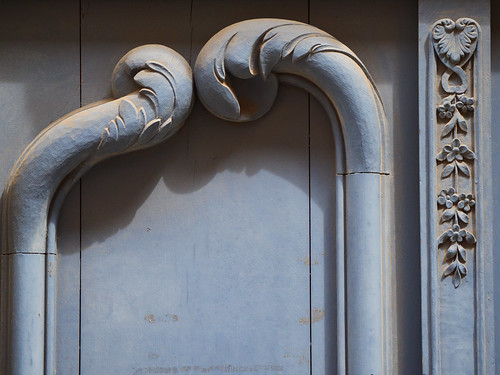Today, for the first time for over thirty years, I don’t have an employer. This is because I decided to retire rather than to face the unwelcome choice between online teaching and exposing myself to COVID in the classroom. I think, in fact, that I didn’t have enough “points” to get an exemption from face-to-face, despite being nearly 62 and having high blood pressure. Oh well, the issue is now moot. I shall miss being around students, chatting to them, helping them and getting the buzz that you get from a good classroom discussion. I won’t miss reading and marking student essays and exams though. Not one bit. I hope I’ve done a good job over the years, even though I feel I only learnt to teach well in the past decade (thanks to the direct and indirect influence of Harry).
There’s another reason to stop now though, which gives me a slight sense of vertigo, to be honest, and it involves “owning your own bullshit”. I’ll have a lot less income but I’ll have a lot more time. I’ve long believed that we, as a society (swap in your own society if you too live in a wealthy one) consume too much, engage in too much burdensome toil, and have too little leisure time to enjoy and indeed work on freely chosen goals. Capitalism has a built-in tendency to promote burdensome toil in the pursuit of consumption, but now I have a choice. Can I live with it? And will I make the most of it without the external discipline provided by the expectations of employers, colleagues and students? That’s a big test. But I hope to continue writing and publishing on many of the same topics I worked on up to now, and chiefly on migration and justice. I’m also happy to stand up on my hind-legs and talk to people about political philosophy and related matters, most of the time for nothing (invitations welcome!).
One thing I haven’t made my mind up on though: mode of publishing. People read books and people read blogs, so if you want to communicate your ideas then both are good formats (among others). But is there any point in continuing to send papers to academic journals? On the plus side, the peer review process induces a kind of discipline and quality control. On the other hand, many of the things that reviewers insist upon are pointless and detract from what you’re trying to say. And then there’s the small matter of the fact that nobody reads such papers. It is a source of lasting frustration that political philosophy as practised in academic journals is an activity that is almost entirely disconnected from the social and political life of the societies that surround it. I don’t mean that we ought to be getting down and dirty with Donald Trump or Brexit, but that we need to find ways of making the things we write about (should foreigners, or expatriates, have voting rights?, for example) cut through to public discourse. Making that argument in the pages of Philosophy and Public Affairs may not make enough of a difference, however good it is for an academic’s promotion prospects. But then, cutting through was one of the hopes I always had for Crooked Timber.






